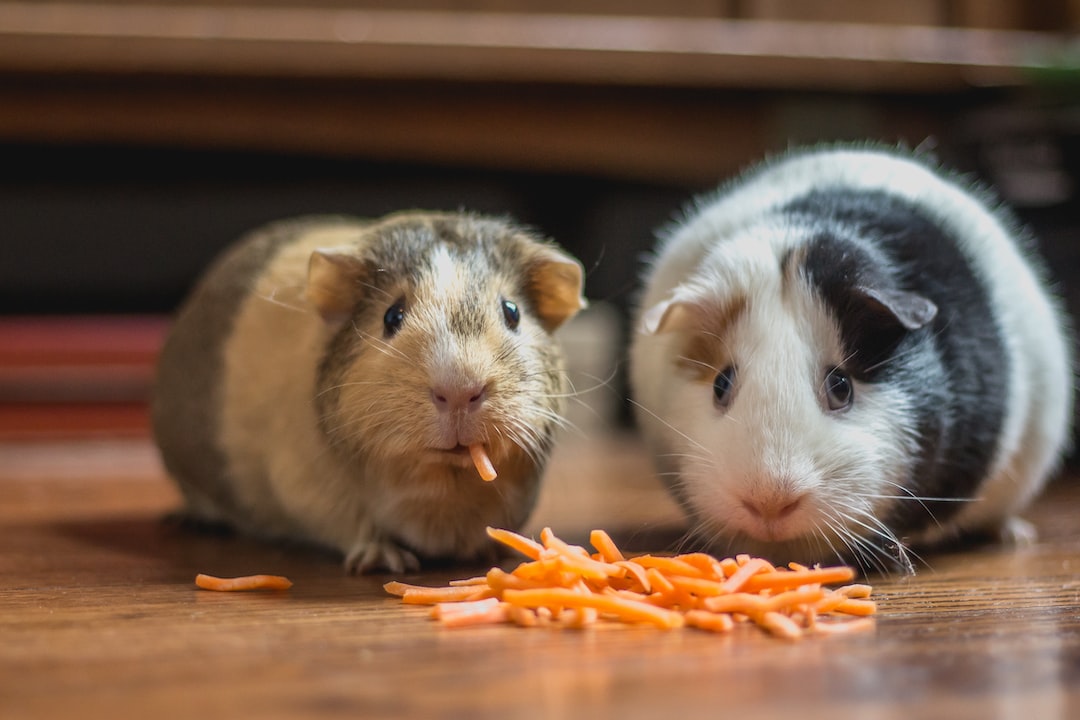The Healthy Pet Diet: A Nutrition Guide for Dogs and Cats
We all want the best for our furry friends. We take them for walks, play with them, and shower them with love and attention. But when it comes to their diet, many pet owners may not be aware of just how important proper nutrition is for their pets’ health and well-being.
Just like humans, the diet of dogs and cats plays a crucial role in their overall health and quality of life. A well-balanced and nutrient-rich diet can help prevent and manage a variety of health conditions, including obesity, allergies, and digestive issues. So, let’s dive into the world of pet nutrition and learn how to provide the best diet for our beloved companions.
1. Protein is Key:
Dogs and cats are carnivores, which means that their diet should predominantly consist of animal protein. High-quality protein sources like lean meats, fish, and eggs are essential for maintaining healthy muscles, skin, and coat. Look for pet food that lists a specific animal protein, such as chicken or beef, as the first ingredient.
2. Strike the Right Balance:
A balanced diet for dogs and cats should include all the essential nutrients in the right proportions. These include proteins, carbohydrates, fats, vitamins, and minerals. Avoid foods that are heavily processed or fillers like corn, wheat, and soy. Instead, opt for pet foods that contain high-quality ingredients and are formulated to meet the specific nutritional needs of your pet’s life stage.
3. Choose the Right Carbohydrates:
While carbohydrates are not as critical to dogs and cats as they are to humans, they still provide necessary energy. However, not all carbohydrates are created equal. Look for whole grains like brown rice or quinoa, which are more digestible and have more nutritional value compared to grains like corn or wheat. Avoid foods with excessive amounts of carbohydrates, as this can lead to weight gain.
4. The Importance of Fats:
Fats are an essential part of a pet’s diet as they provide energy and help in the absorption of fat-soluble vitamins. Opt for healthy fats like fish oil or flaxseed oil, which are rich in omega-3 fatty acids. Omega-3s have numerous benefits including reducing inflammation, supporting brain health, and maintaining a healthy coat and skin.
5. Keep them Hydrated:
Proper hydration is vital for your pet’s overall health. Make sure to provide fresh, clean water at all times. Some pets enjoy drinking running water, so a pet water fountain can be a good investment. Avoid giving your pets juices, sodas, or milk as these can cause digestive issues or allergies.
6. Portion Control is Crucial:
Maintaining a healthy weight is paramount for your pets’ well-being. Obesity can lead to a variety of health problems, including diabetes, heart disease, and joint issues. Follow the feeding guidelines on the pet food packaging, but keep in mind that these are just general recommendations. Adjust the portion sizes according to your pet’s activity level, age, and overall health.
7. Consider Special Dietary Needs:
Just like humans, some dogs and cats may have specific dietary needs. If your pet has allergies, digestive sensitivities, or certain chronic health conditions, consult your veterinarian. They can recommend specific diets or supplements tailored to your pet’s needs.
8. Avoid Feeding Human Food:
While it’s tempting to share your food with your pet, many human foods can be harmful to dogs and cats. Foods like chocolate, onions, grapes, and garlic can be toxic, and others can cause digestive upset. Stick to pet food and treats specifically designed for their nutritional needs.
Remember, providing your pet with a healthy diet is an investment in their longevity and quality of life. By following these guidelines and consulting with your veterinarian, you can ensure that they are receiving the optimal nutrition they need to thrive. Your pet will thank you with lots of love, energy, and many happy years by your side.

